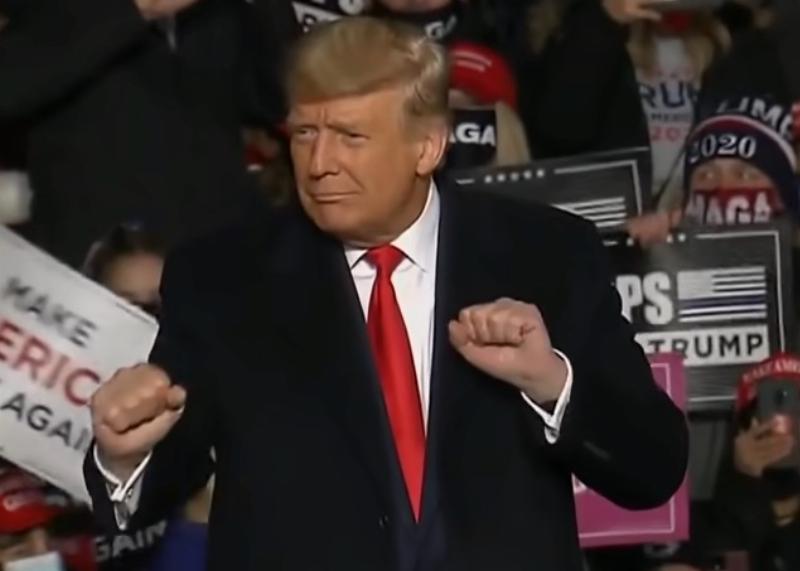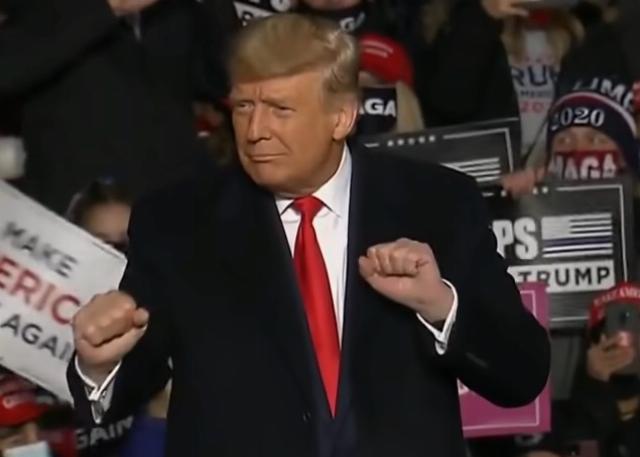


Donald Trump’s second term has confounded the experts who swore that tough immigration control would choke the economy. Far from stalling, growth has found a new gear. It’s powered not by unchecked foreign labor but by renewed opportunity for American workers.
Since late January, every net job gained in this country has gone to native-born Americans, reversing a years-long trend under Joe Biden in which nearly all new jobs flowed to foreign-born workers. That shift is no accident. It reflects an intentional strategy to align the labor market with the needs of citizens, not an endless stream of newcomers.
The Bureau of Labor Statistics confirms a steep drop in foreign-born employment, a change economist E.J. Antoni at the Heritage Foundation credits to the White House’s unapologetic prioritization of native-born workers. For years, elites told the public that America “needed” high inflows of cheap migrant labor to thrive. The Trump economy is proving the opposite: strong growth is possible, and perhaps more sustainable, when jobs are secured for those already here.
This new labor dynamic has rippled across Main Street. Small business confidence is rising, not falling. The Small Business Optimism Index climbed 1.7 points in July 2025 to 100.3, nudging above its 52-year average. Owners cite improving expectations for business conditions and greater opportunities to expand. Labor quality remains the top concern for 21% of small firms, while inflation is the primary worry for 11%. But even with those challenges, sentiment is heading up, not down.
On Wall Street, the picture is equally bright. July’s inflation report showed a 2.7% year-over-year increase — lower than the expected 2.8% — sending the S&P 500 to a record high, the Nasdaq up more than 1%, and the Dow nearly 500 points higher. This signals an economy managing inflation while sustaining consumer demand, easing fears of stagflation and supporting forecasts for a “soft landing.”
Critics say Trump’s immigration stance is too hardline, but voters broadly disagree. A Harvard CAPS/Harris poll from July found that 60% support his effort to close the border, including 89% of Republicans, 55% of independents, and even 34% of Democrats. Across all political groups, 75% favor deporting criminals who are here illegally.
Public opinion has shifted on the economy too. A separate Harvard CAPS/Harris survey from May reports that 51% now consider the U.S. economy “strong;” the first majority to do so since July 2021. The improvement comes amid a trade reset with China, a fresh tariff deal with the UK, and inflation dropping to a four-year low. Confidence in Trump’s economic direction has grown, with pessimism about personal finances falling from 45% to 39% and half of voters expressing faith in his policies.
The immigration crackdown has not been symbolic; it has been massive in scale. In March, Trump’s administration revoked humanitarian parole for more than 530,000 migrants from Cuba, Haiti, Nicaragua, and Venezuela, effective April 24. This, combined with the ending of Temporary Protected Status for hundreds of thousands from countries such as Haiti, Venezuela, Honduras, and Nicaragua — affecting up to 1.1 million people — marks the largest status revocation in modern U.S. history.
Such measures have teeth because they are backed by historic legislative muscle. Trump’s “One Big Beautiful Bill Act” (H.R. 1), signed July 4, allocates over $170 billion through September 2029 to immigration enforcement. It funds 701 miles of new border wall, 900 miles of river barriers, a detention capacity boost to 116,000 beds, 10,000 more ICE officers, and billions in reimbursements to states for security measures. New fees for asylum, work permits, and TPS applications, alongside a 1% remittance tax, cut incentives for illegal immigration while lightening the burden on taxpayers.
For decades, the bipartisan establishment treated border enforcement as an afterthought. It was something to promise in campaigns but quietly sidestep in practice. The result was a labor market warped by uncontrolled inflows and wage pressure on the working class. Now, those same workers are seeing the benefits of a government willing to enforce the law and align immigration with economic needs.
The future looks brighter than the doomsayers admit. A nation that secures its borders can focus on its own citizens. This expands opportunity, stabilizes prices, and fosters investment in long-term prosperity. As the data shows, that’s not wishful thinking. It’s what’s happening right now.
Dr. Joseph Ford Cotto hosts and produces News Sight, speaking the data-driven truth about economic and political issues that impact you. During the 2024 presidential election, he created the Five-Point Forecast, which correctly predicted Trump’s national victory and the outcome in all swing states. The author of numerous nonfiction books, Cotto holds a doctorate in business administration and is a Lean Six Sigma Certified Black Belt. During 2014, HLM King Kigeli V of Rwanda bestowed a hereditary knighthood upon him. It was followed by a barony the next year.

Image: YouTube video screen grab.
